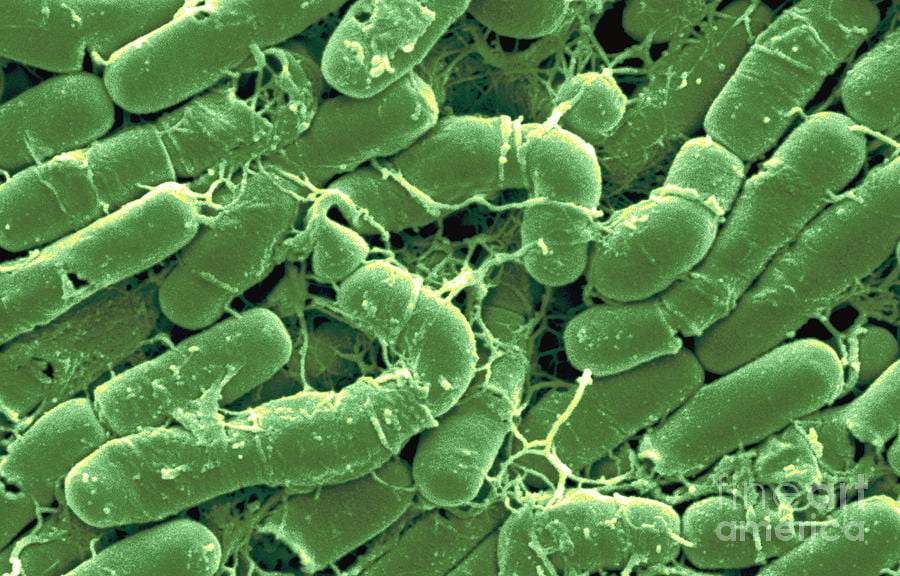
Bt, or Bacillus thuringiensis, is a useful addition in the arsenal against plant-eating insects. Bt is a naturally occurring bacteria that is common across the world, and early in the twentieth century it was discovered to be an excellent form of insect control.
Bt became available to home gardeners in the 1950s but in recent years new strains have been developed that attack an even wider range of insects.
The kurstaki strain of Bt kills only caterpillars that feed on leaves and needles. Bt kurstaki is especially useful for eliminating corn earworms and those little green cabbage worms that like to infest broccoli, along with tent caterpillars and webworms that damage trees and shrubs. Because Bt kurstaki will kill most caterpillars, it should be used sparingly if you have a butterfly garden or seek to attract more butterflies to your garden.
Another type of Bt, the israelensis strain, will kill the larvae of mosquitoes, black flies, and fungus gnats. This is good news for those of you who suffer through black fly season each summer.
The san diego strain of Bt is a good choice for controlling the Colorado potato beetle. Potato beetles can quickly reduce potato plants to shreds, but Bt san diego stops the larvae in their tracks before they can do significant damage.
Each strain of Bt is specific to certain pests. Bt israelensis and san diego will not harm caterpillars, and likewise, Bt kurstaki will not harm black flies or potato beetles. Bt acts by producing proteins that react in the gut of the insect, paralyzing their digestive system. The insects stop eating and quickly starve.
Bt is not harmful to plants, people or pets, although you should avoid breathing the powder or spray when applying Bt to your plants. Bt also degrades quickly in sunlight, so it will not persist in your garden. Some strains persist for less than 24 hours while others remain viable for about a week.
Mike McGroarty is the owner of McGroarty Enterprises and the author of several books. You can visit his website at Freeplants.com and read his blog at Mikesbackyardnursery.com.
Related Articles & Free Email Newsletter
How To Deal With Caterpillar Pests Using Bacillus thuringiensis spp. kurstaki




Comment here